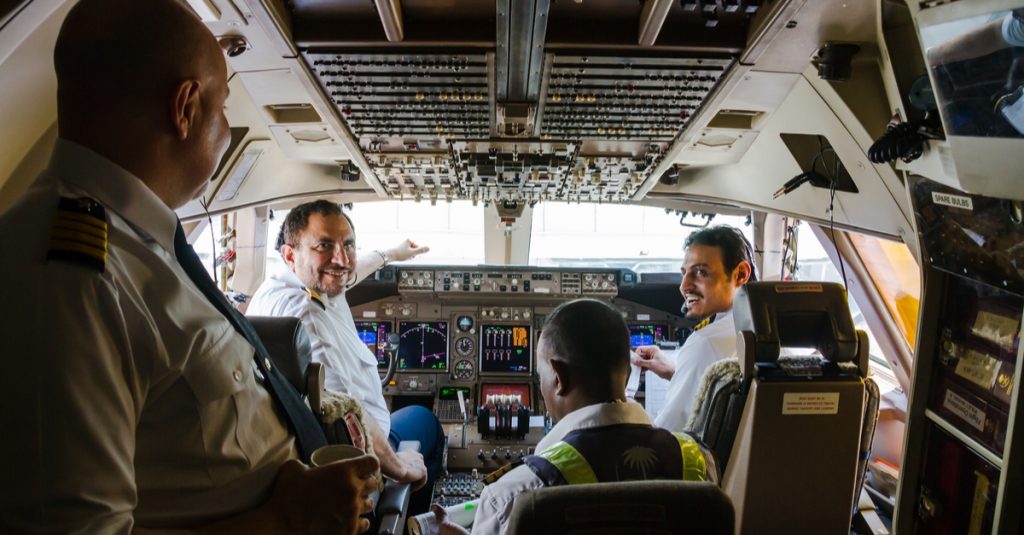The UK put its population into self-isolation and suspension of activities due to coronavirus on 23rd of March 2020. The unprecedented pandemic situation saw governments around the world taking similar steps to attempt to minimise the spread of the virus. While the majority of people, here in the UK, stayed at home, with the exception of key workers, the majority of shops, restaurants, schools, offices, factories, and airports were shut down. Now, after almost seven weeks, some businesses are slowly reopening, while others remain shut. But could this break in continuity in doing our jobs and/or using vital equipment on a daily basis pose the danger of rusty returns syndrome? Seven weeks is not a long time, one might argue. However, there are many activities or disciplines that require agility and alertness; and our being out of practice does them no good. There are drivers not driving cars on motorways; pilots not flying aeroplanes; workers not using complex machinery in factories; surgeons not performing complicated surgeries. Not doing these activities over too long a time can make the people who usually do them a little rusty on their return.
All around the globe, activities conducted on a daily basis suddenly stopped. Rows of aeroplanes have been parked away, no longer in use. British Airways fleet comprises 311* aeroplanes, but 96% of all passenger flights are currently not operating. In their factories, businesses have suspended the operation of great swathes of machinery, as Jaguar Land Rover did in March 2020**.
And a great number of private cars around the country have been parked and are not being driven. What happens to all of them while they are not being used? They get rusty and impaired.
As well as machines not being used, many skills that require to be exercised daily are becoming impaired and out of practice too. Aircraft pilots who used to fly every day have not flown for the last seven weeks. The mechanics, engineers and technicians who maintain their planes on a daily basis, have not seen an aeroplane’s engine for a while. Air traffic controllers have not seen an aeroplane for a similar length of time; while the same air-traffic controllers who guide the same planes to safety are no longer in a position having to maintain the same levels of alertness on a daily basis while in lockdown. The drivers of those undriven cars have not been on motorways for some time either. Surgeons who once performed complicated and detailed surgery are no longer exercising the concentration of mind and steady hands that are vital elements of their medical skills. And children, for whom seven weeks is a very long time, are out of practice in terms of the daily collective discipline of the classroom, so important in the process of education; and they are no longer exercising the same levels of alertness and intensive concentration required for regular reading, writing and mathematics. The list of possibly impaired skills as a result of prolonging the self-isolation period is endless.
There are also rusty syndromes on the emotional level, especially those involving being separated from elderly members of the family or those with specific health conditions. Seeing these people in person is an important part of our lives. Not seeing them, worrying about them and not being able to do anything about it causes pain and feeling of helplessness. Our deepest feelings are being forcibly quashed.
The consequences of suspending aspects of lives are enormous. As the saying goes: “Use it or lose it”. However protective the practice of isolation due to coronavirus pandemic is, the very suspension of activities leads to consequences that will make returning to them that much more difficult and, in some cases, possibly much less safe. It is best to avoid getting rusty.
*www.britishairways.com/Fleet facts
** https://www.bmmagazine.co.uk





